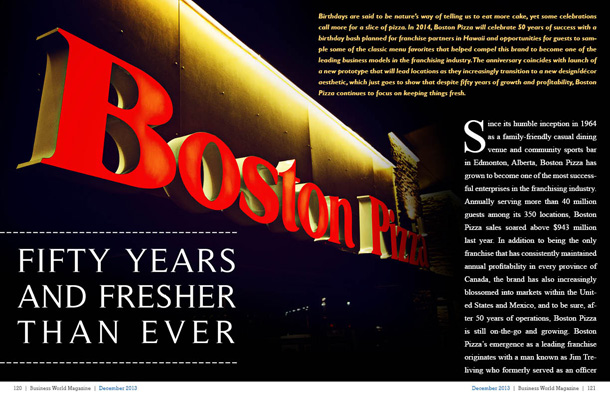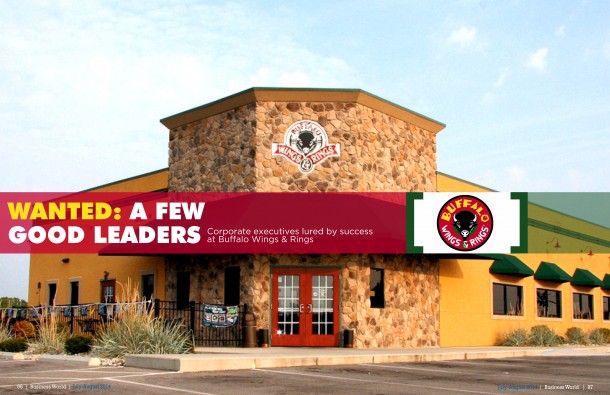
From generation to generation
 Barossa Fine Foods has a longstanding history which began in 1924 with Andreas Knoll who got his first taste for the business at the tender age of 15. As the Knoll family passed on their knowledge of fine foods from generation to generation, they have been able to create a name of distinction within the small goods market in Australia. Starting with only a single shop in 1991, they have expanded their business to six shops in total, with an additional one on its way.
Barossa Fine Foods has a longstanding history which began in 1924 with Andreas Knoll who got his first taste for the business at the tender age of 15. As the Knoll family passed on their knowledge of fine foods from generation to generation, they have been able to create a name of distinction within the small goods market in Australia. Starting with only a single shop in 1991, they have expanded their business to six shops in total, with an additional one on its way.
Barossa Fine Foods is also a wholesale retailer to about 1200 different outlets across Australia. “The wholesale side of things is about as big as the retail. The two work well together,” says Stephan Knoll, managing director at Barossa Fine Foods. Stephan is one of four brothers currently involved in the business. Even until this day, their grandfather who has retired still comes in and makes things at the shop. “He has devoted his entire life to it. It turned out well for him as a profession,” says Stephan. Keeping this tradition alive will hopefully be no challenge for the newest generation of the Knoll family.
Barossa Fine Foods is known within Australia for their wide range of products. While they focus more on small goods, they also sell a lot of fresh meat within their shops. As the industry matures, Barossa Fine Foods is committed to finding new ways to innovate their products, while “staying true to traditional methods,” says Stephan.
A form of art
Barossa Fine Foods does more than simply provide their products to customers; they also lend a helping hand in trying to teach them about the art of small goods. “The small goods art form is dying in Australia and we wanted to find a way to re-educate our consumers about the art form itself and maybe even a deeper understanding of the business itself,” says Stephan. “What people learn in the classes are a wide range of techniques. We explain them in depth but we also try and give them an understanding about what quality means.”
Trends and challenges
“First generation migrants like my grandfather came over here and started businesses, and most of those businesses haven’t succeeded into the second generation,” says Stephan. “We always see larger players buying out smaller ones.” Despite this trend, Barossa Fine Foods has managed to maintain the close-knit, family feel that we all know and love.
In addition to lower profitability, Barossa Fine Foods has noticed “homogenisation of product,” within the market. Dealing with such challenges has created opportunities for their company. “The larger manufacturers have moved to a very bulk, standardised process. What we’ve found is that we’re losing products and also losing the ability to make those products,” says Stephan. “We want to hold on to our traditions and try and bring them into the next generation.”
As with any other businesses, Barossa Fine Foods faces the challenge of finding and keeping trained staff. “Everyone we have, we have trained in house.” says Stephan. Employee-company relations at Barossa Fine Foods have undergone continued improvements over the years. “We have invested more in plant equipment and have reinvested also in our people.” Barossa Fine Foods currently has several different training programs on the go, for both full and part-time staff. “We place a huge emphasis on training and our guys understand that working with us gives them the opportunity to grow and learn more,” says Stephan.
Continuously improving their products
While Barossa Fine Foods takes great pride in keeping with tradition, they recognise the fact that as with anything, trends change over time. For this reason they have implemented a continuous product review process. Once every 12 to 18 months they evaluate and re-evaluate all of their different products. “We produce a wide variety of products and we spend a lot of time and money innovating them.”
The company has also worked hard to use as much local produce as possible. “We try to source as much from the Barossa Valley as we can, from pigs and chickens through to eggs, noodles and verjuice. We have seen a real increase in the interest our customers take in where the produce comes from and we have responded to that,” says Stephan.
The last decade has seen the emergence of organic products as trend. Barossa Fine Foods offers their customers organic products. Such animals have been grain fed, and not injected with any sort of chemicals. Additionally, they have experienced nothing but humane treatment. As time goes on organic products will likely increase in popularity, however, for now they are not the norm as they are still new to the market.
Making quality products is the most important thing to Barossa Fine Foods, but this also is combined with their drive to develop good relations with their customers. With 20 years of history behind them, Barossa Fine Foods has garnered some very loyal customers. With the advent of social media they have been able to openly communicate with them outside of their shops. “Social media allows us to communicate with them on a regular basis,” says Stephan. “Slowly but surely, as we build up our presence it will become a valuable tool. It’s an honest way to engage, and two-way communication is very valuable.”
Reducing their carbon footprint
Last year Barossa Fine Foods won a government grant to develop their green initiatives. In terms of water consumption, they are going to save 1 million litres of water in the next year which is rather significant. Additionally, they are reducing their carbon footprint by 388 tonnes of CO2 per year.
The future of Barossa Fine Foods
With consumers’ renewed interest in cooking, Barossa Fine Foods is headed nowhere but up. They are currently in the process of opening their seventh shop, they have definite plans for growth. Unaffected by the current global financial crisis, Barossa Fine Foods is finding that individuals are refraining from eating out, which means they are cooking at home and going to their local butcher shop.
The next step for Barossa Fine Foods is to get what could be considered their eighth store up and running, that is of course their online portal. In the coming months they are looking to create an online experience that is similar to that of their in-store experience. “It’s been quite intense work to replicate that in-store experience,” says Stephan. And the expansions don’t stop there. “The next big challenge for us is to take our business model interstate.” Their goal is to recreate their success across Australia, much like they have done in South Australia.







